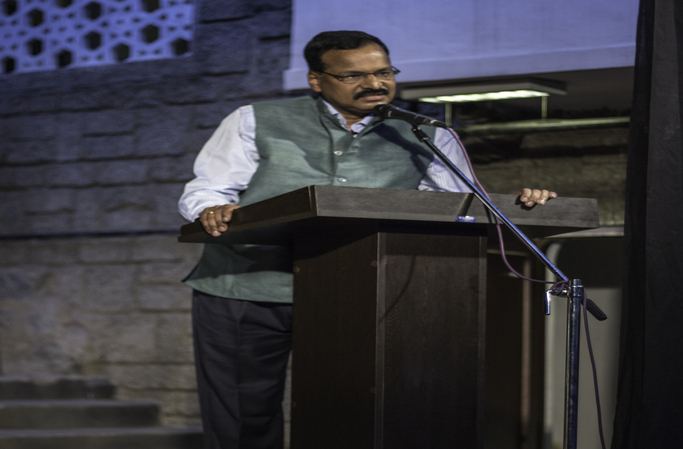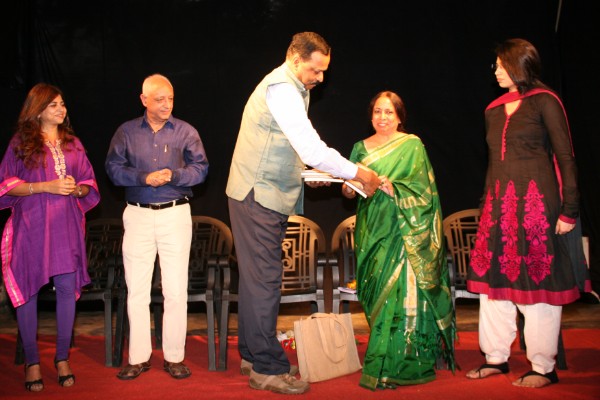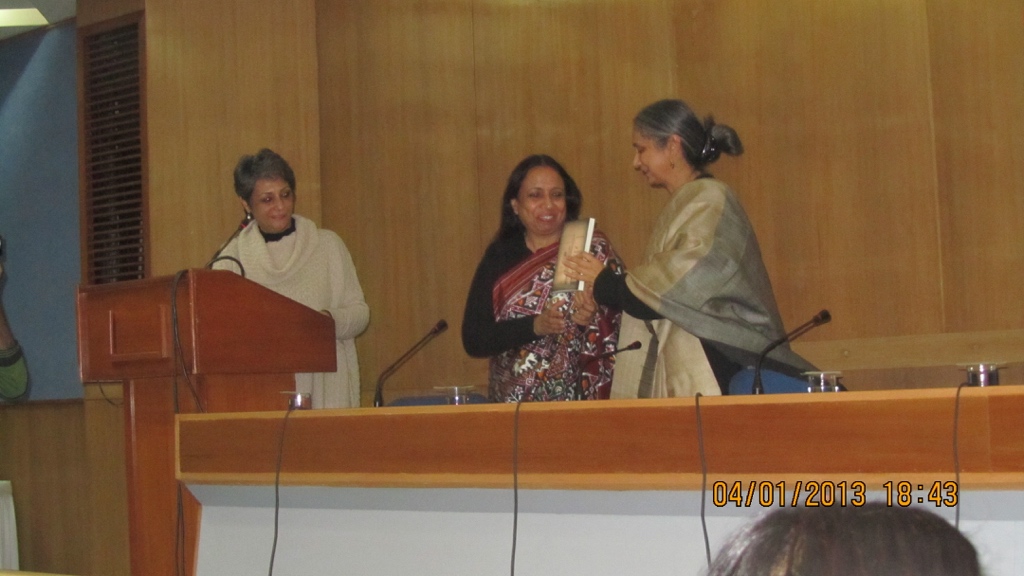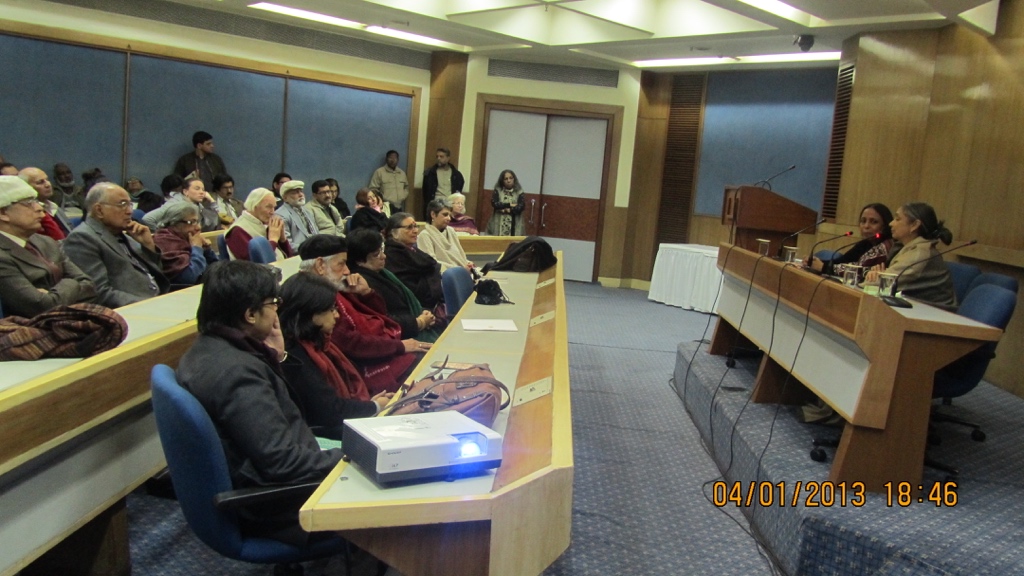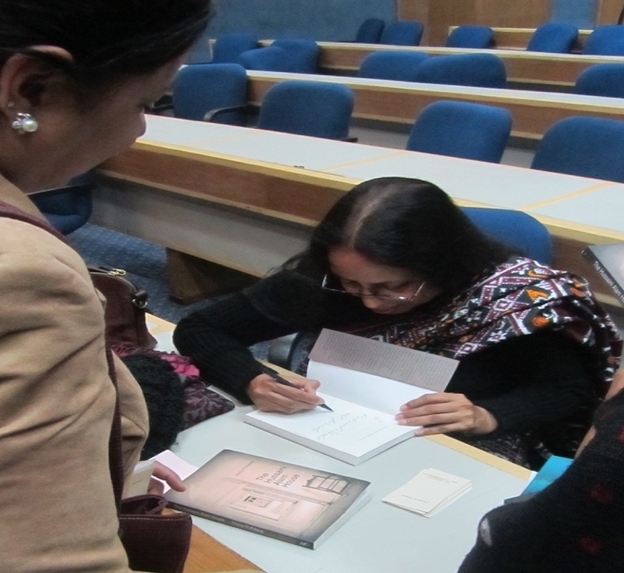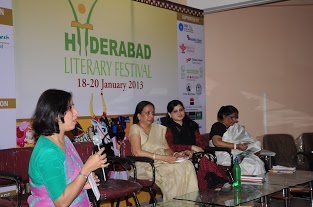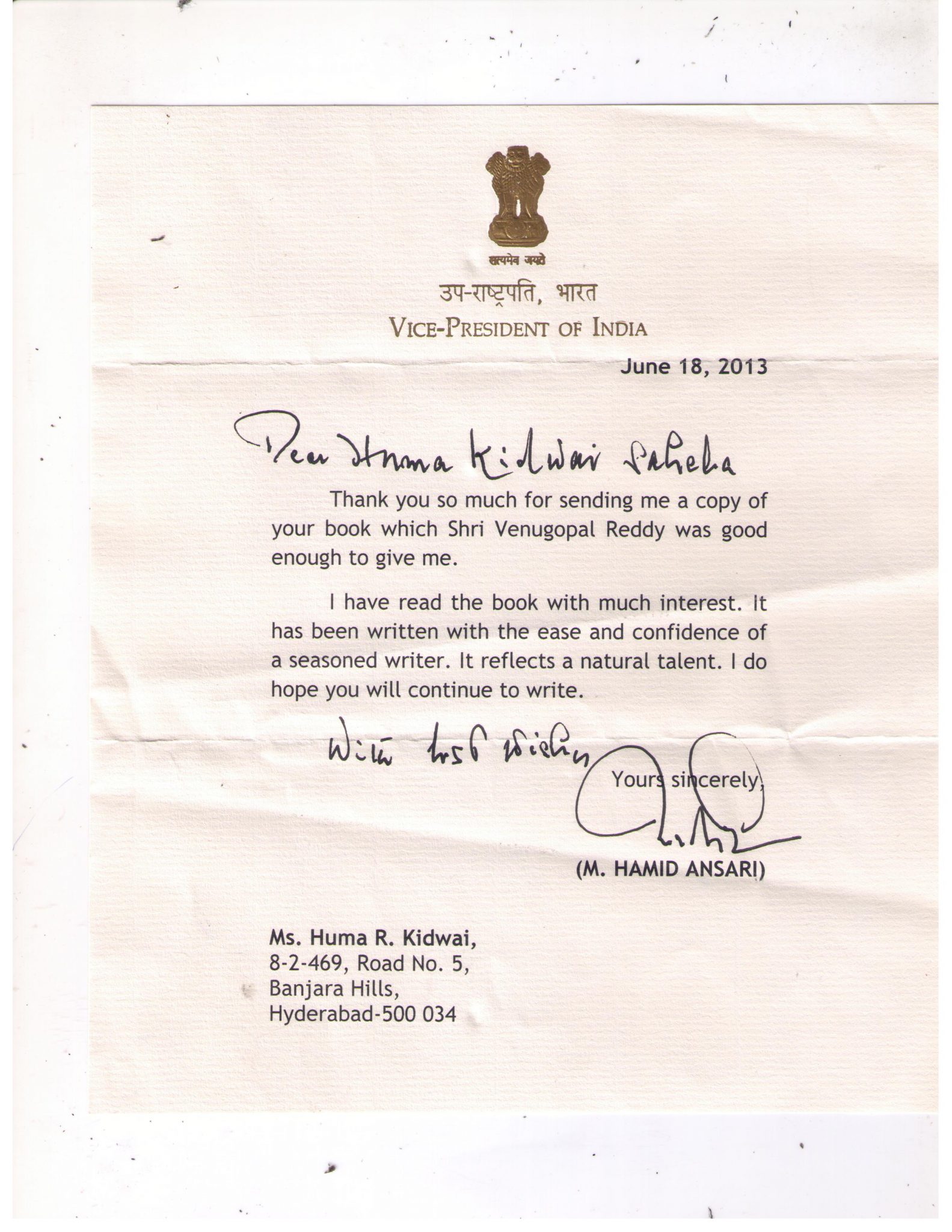
Huma R Kidwai
Writer,Traveller, Researcher
About the Author
I was named after the ancient mythical bird which never alights. It was first represented in the art of Acaemedian time of the Persian Empire in 500 BC, predating Islam by more than 1100 years. It stands as the capitol of two columns in Persopolis to this day. With the face of a falcon and body of a lion, Huma (Homa in Farsi and Homaio in Avestan) has variously symbolised the Spirit of Water (Hu: spirit and Ma’a:water), the high station of mysticism in Sufi poetry, the foretelling of kingship and a phoenix which consumes itself in fire every few hundred years and rises from its own ashes to soar high in the skies again.
I am perhaps the last symbol. Many trials by fire later, I am now an independent spirit, a travel junkie, a teller of tales, a reader of that fascinating thing called society, a child of destiny, who lets life lead her where it will.
Welcome to my world.
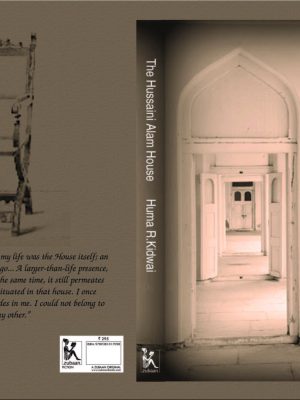
About the Book
In a single word, ‘The Hussaini Alam House’ is about ‘Grace’; a word we have long dropped from our vocabulary. It is grace under fire as the only option of a lost society. A hundred years and more of Hyderabad’s history and culture depicted through the travails of a Muslim family, consisting mostly of women. Not the stereotypes, but educated, empowered women and their struggle to imbibe unrelenting change, a turning point in the history of a society, a country, a city, a language and a unique culture.
Book Testimonials
One could fault The Hussaini Alam House for its elitism seen in the narrator’s love for Urdu and Persian languages and literature (her mother was an Urdu poet herself), nostalgia for the lost glory of a Muslim culture given to courtly decorum and sophistication, and the tendency to trace family genealogies to ancient Persia and Turkey, yet the novel conveys a progressive message.
MUSARRAP
I know for three consecutive weeks I have been focusing on rapes and those offshoots, but today there’s little else in focus. Pushed aside and bypassed are those corruption scams and scandals, together with all those men who were crying hoarse that black money lies stuffed in those not -so – rickety closets. No, haven’t heard Anna Hazare’s utterances for a long time.
KASHMIR TIMES
Reading Huma Kidwai’s novel has been an experience in nostalgia and a warm coming-togetherness. The story of Ayman and Mariam evoked so many memories of one’s own, of havens of one’s own where rich childhoods lurked, beckoning to be brought to life, and promising to lend a warmth of remembered joys and sorrows. Read More here
Deccan Studies, Vol. X, Number 2, July - December 2012
In The Hussaini Alam House, Huma R. Kidwai attempts to fill the gap with her story set in a two-century-old house in Hyderabad. Once splendid and opulent, the house has fallen on hard times and its occupants — each a living-breathing example of old-world life and manners — carry on in the face of terrible odds but eventually leave or die. Read More Here

